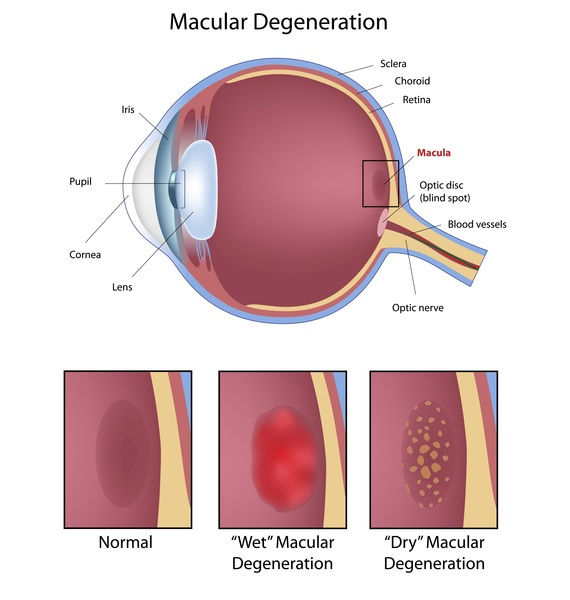Protect Your Eyes From Too Much Screen Time
- Dr. Maximillian Goli

- Feb 26, 2020
- 2 min read

A recent study found that the average office worker spends 1,700 hrs/year in front of a computer screen. And that doesn’t include our addiction to phones and other digital devices. All this screen time has led to an increase in complaints of eye strain, dry eye, headaches, and insomnia. During Workplace Eye Wellness Month in March, Cornerstone Optometry and the American Academy of Ophthalmology are offering tips to desk workers everywhere whose eyes may need relief from too much screen time.
Why does computer use strain the eyes more than reading print material? Mainly because people tend to blink less while using computers. Focusing the eyes on computer screens or other digital displays has been shown to reduce a person’s blink rate by a third to a half, which tends to dry out the eyes. We also tend to view digital devices at less than ideal distances or angles. Try altering your environment with these simple tips:
1. Keep your distance: The eyes actually have to work harder to see close up than far away. Try keeping the monitor or screen at arm’s length, about 25 inches away. Position the screen so your eye gaze is slightly downward.
2. Reduce glare: Screens can produce glare that can aggravate the eye. Try using a matte screen filter.
3. Adjust lighting: If a screen is much brighter than the surrounding light, your eyes have to work harder to see. Adjust your room lighting and try increasing screen contrast to reduce eye strain.
4. Give your eyes a break: Remember to blink and follow the 20-20-20 rule. Take a break every 20 minutes by looking at an object 20 feet away for 20 seconds. This allows your eyes to relax.
5. Keep eyes moist: Keep artificial tears at hand to help lubricate your eyes when they feel dry. Some office buildings have humidity-controlled environments that suck moisture out of the air. In winter, heaters can further dry your eyes.
6. Stop using devices before bed: There is evidence that blue light from digital devices may affect the body’s circadian rhythm, our natural wake and sleep cycle. During the day, blue light wakes us up and stimulates us. So, too much blue light exposure late at night from your phone or other devices may make it harder to get to sleep. Limit screen time one to two hours before bedtime.
“Eyestrain can be frustrating. But it usually isn't serious and goes away once you rest your eyes or take other steps to reduce your eye discomfort,” said Dianna L. Seldomridge, M.D., clinical spokesperson for the American Academy of Ophthalmology. “If these tips don’t work for you, you may have an underlying eye problem, such as eye muscle imbalance or uncorrected vision, which can cause or worsen computer eyestrain.”




Comments